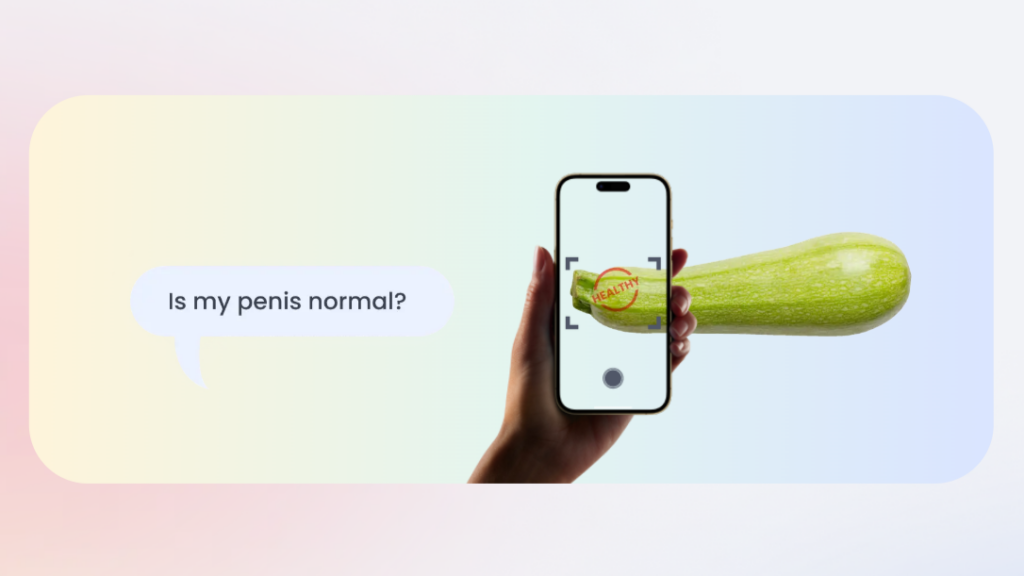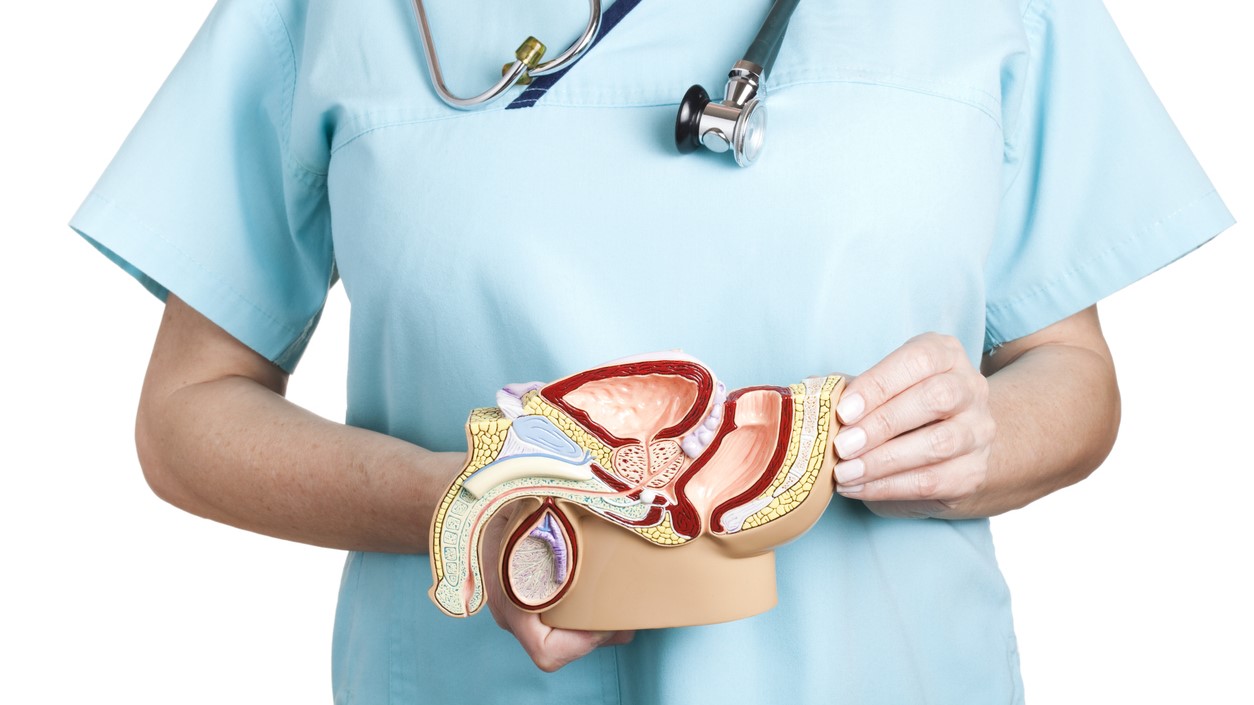UPDATE (9/17/2024): News reports have revealed the Federal Trade Commission (FTC) launched an investigation into HeHealth’s advertising claims and privacy practices related to its Calmara app. The “lifestyle” app used the same AI as the HeHealth app to detect penile STIs. Both have since been taken down.
While the study remains informative, please use this new information to guide your reading. For more details, read the FTC’s letter to HeHealth, dated July 11, 2024.
Most men would rather do household chores than visit the doctor.
Seeking treatment for a genital rash or sexually transmitted infection (STI) can be especially daunting. The stigma associated with these conditions, along with limited access to healthcare in low-resource areas, also creates significant barriers to getting help.
To address this issue, a study published in Mayo Clinic Proceedings: Digital Health developed and tested a mobile app called HeHealth. The goal: create a reliable tool that improves diagnosis and treatment for penile diseases using machine learning.
Past success in machine learning
Machine learning, a type of artificial intelligence, has been used in various medical contexts to support clinical decisions, including sexual health care.
For instance, it has predicted who might benefit from HIV pre-exposure prophylaxis, estimated county-level syphilis rates from social media behavior, and assessed individual STI risk from survey responses. During the 2022 mpox outbreak, machine-learning models were also developed to visually classify the disease with 78% to 98% accuracy.
Training the HeHealth app

In an effort to democratize penis health, the study created the HeHealth app, which used machine learning to identify five penile diseases from photos.
The app was available from July 2022 to July 2024. When penile disease was detected, it also provided users with educational materials on symptoms, necessary tests, and treatment options.
To train the machine-learning model, researchers developed a repository of clinical images of genital warts, herpes lesions, balanitis, syphilitic chancres, and penile cancer.
Experts screened over 20,000 images, resulting in 3,627 labeled images. The model then repeatedly analyzed these labeled images to effectively learn to recognize disease patterns.
Of the approved training images, more than 1,400 images were submitted by clinicians. Nearly 800 were uploaded by users of the HeHealth app, and another 370 were acquired using a custom-built web-scraping tool.
To balance disease categories, researchers created an additional 1,057 images by copying disease patterns and applying them to photos of healthy penises.
Promising results for penis health

When put to the test, the HeHealth app boasted impressive results.
To assess its performance, the machine-learning platform was tasked with classifying 239 images:
- 45 of healthy tissue (19%)
- 45 of genital warts (19%)
- 43 of herpes (18%)
- 40 of balanitis (17%)
- 37 of syphilis (16%)
- 29 of penile cancer (12%)
The model achieved 94% accuracy in detecting both diseased and healthy penises, though its performance varied by condition.
It was best at correctly identifying nondiseased images, followed by those of genital warts, herpes lesions, balanitis, and syphilitic chancres. However, it was least effective at identifying penile cancer. This was likely because penile cancer varies in appearance and there were fewer example images to train on.
Nevertheless, the model’s predictions were correct over 90% of the time for all diseases.
The future of AI in sexual health care

Machine-learning platforms have incredible potential to expand access to sexual health services.
The study showed the HeHealth app was highly accurate in classifying five penile diseases and healthy tissue. While promising, the authors say further assessment is needed to compare its accuracy with expert visual inspection and microbiologic tests.
Future work should include larger datasets and evaluate performance across different skin tones and image qualities. The model could also be adapted to diagnose vulvovaginal conditions.
Recently, HeHealth removed its app as it restructures to focus on business-to-business collaborations with global health organizations, scientific institutes, and governmental bodies. Co-founder Mei Ling explained this move aims to streamline operations and maximize impact.
Here’s to a future where artificial intelligence supports global sexual wellness.
Featured Image Source: iStock



